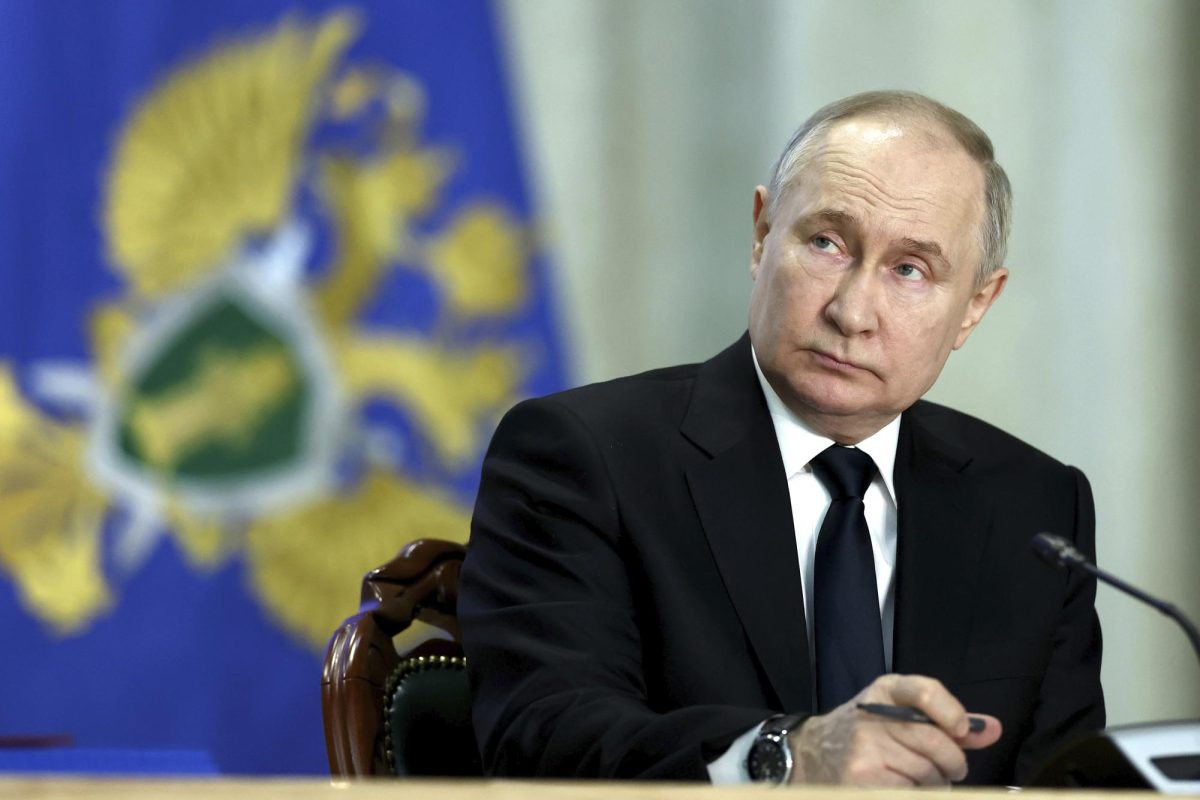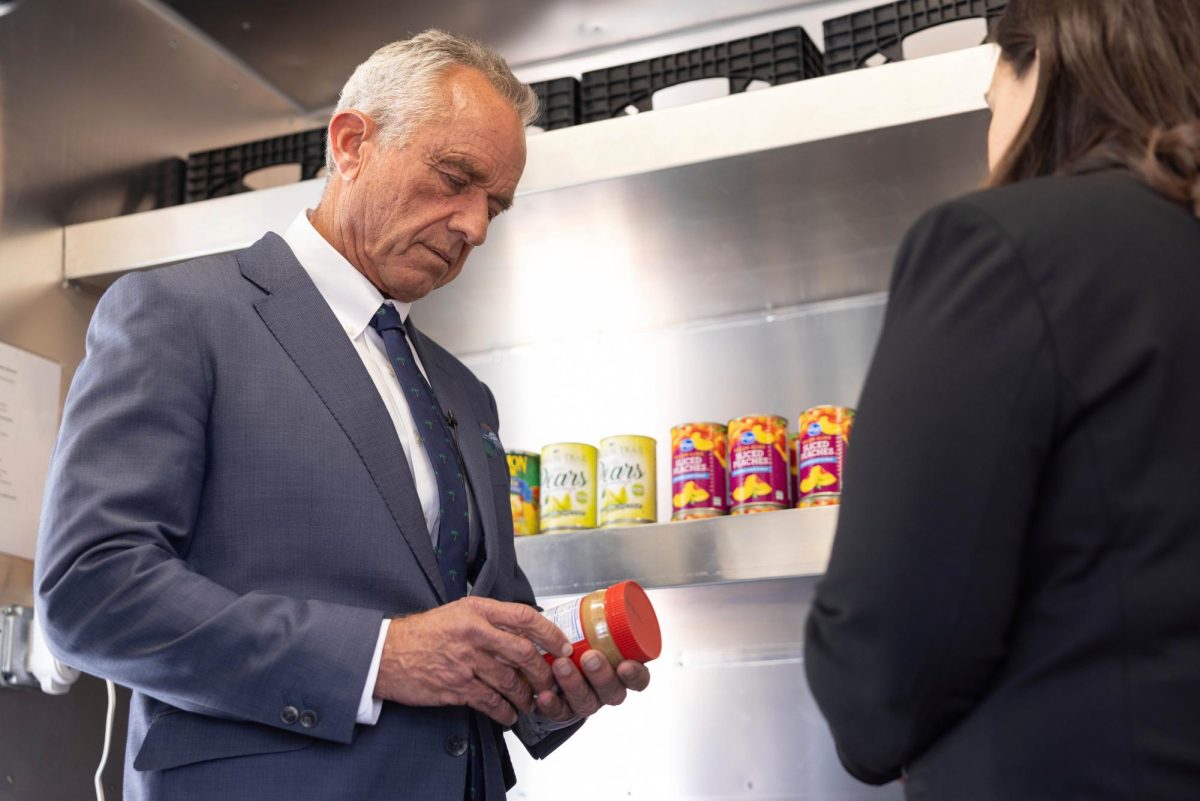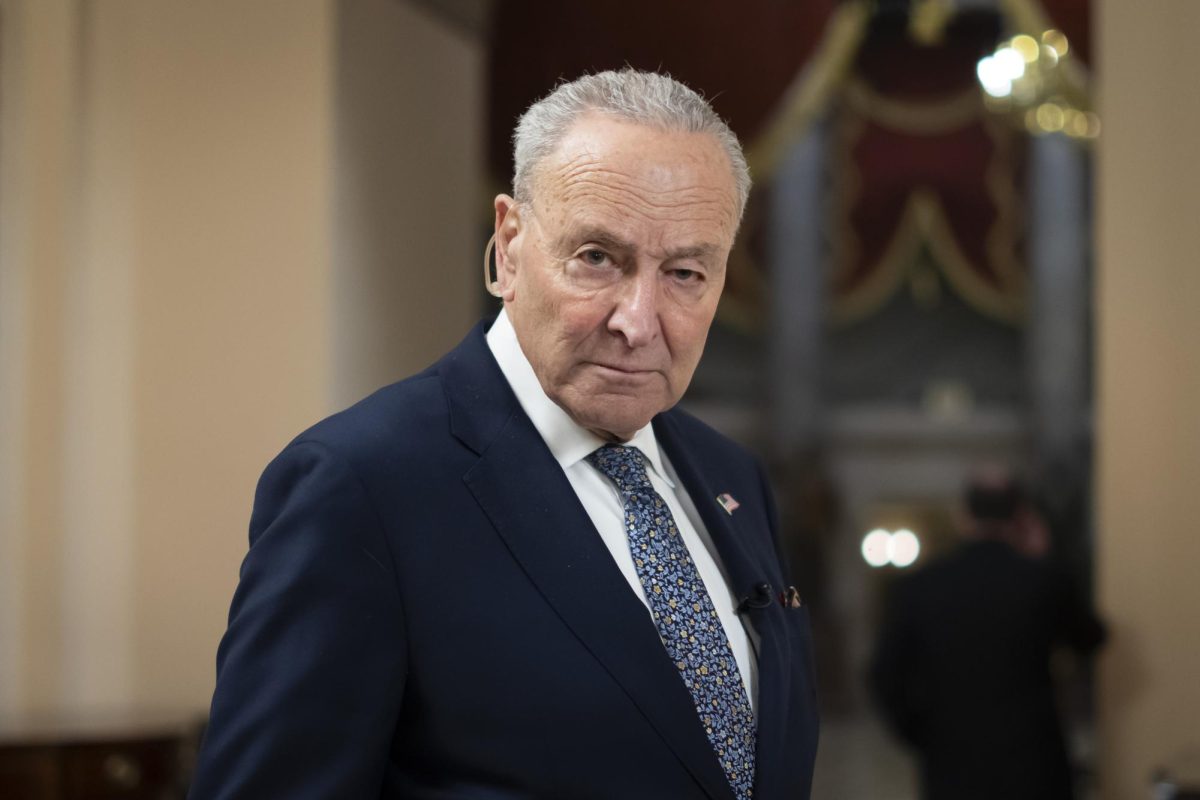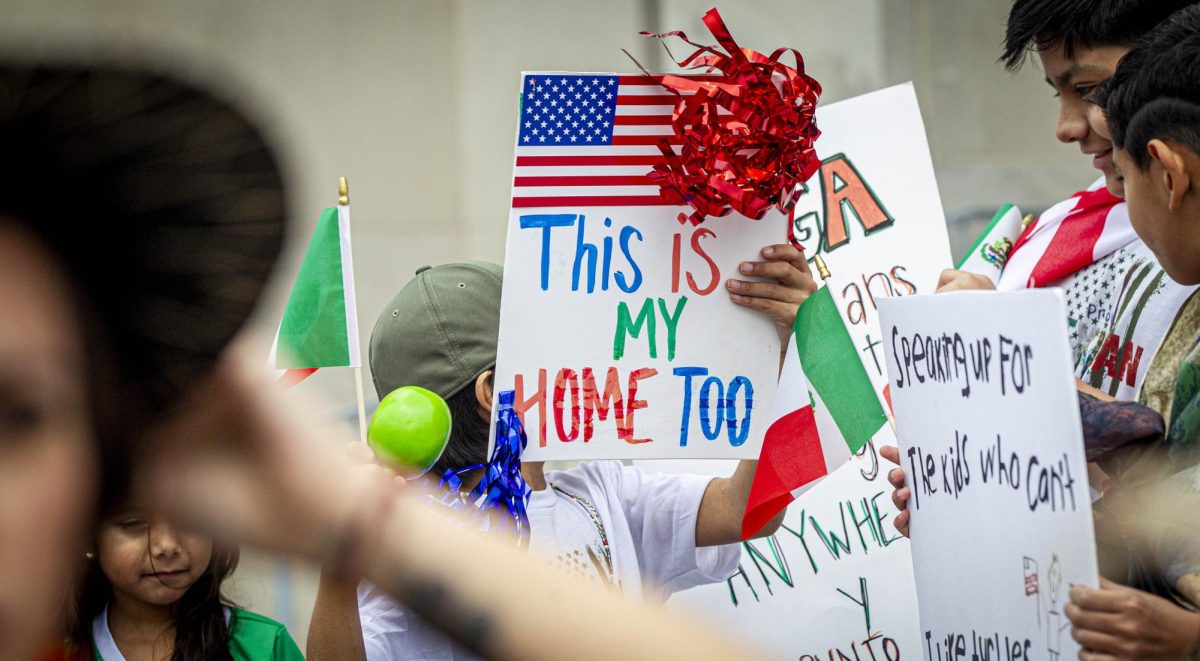Vladimir Putin is the longest-standing Russian leader since Joseph Stalin — but he is not done yet. The Russian presidential election for 2024 has come to a close this past week and, unsurprisingly, Putin won again for his fifth term in office. Not only did Putin win the vote, but he won by a huge margin. According to CNN, Vladimir Putin won the 2024 Russian presidential election with 87.3 percent of the vote this past Monday after a three-day presidential vote. This election, like many Russian elections in the past, has been dismissed by other world leaders and most media outlets as a scam.
It may seem that Putin has been in power in Russia for decades and that is because he has — three decades, to be specific, by the time his fifth term ends in 2030. This new term will mean that Putin has been controlling Russian politics for nearly a quarter of a century, something that no American leader would ever get the opportunity or ability to do.
Despite opposition to Putin’s actions in Ukraine in the past few years, he remains in power — but how? In technical terms, Russia is a democracy that holds competitive elections; however, competitive elections are not the same as free and fair elections. Russian politics operates as a dictatorship under the pretense of a democratic state with a republican government. Freedom House classifies Russia as a consolidated authoritarian regime, no more than the smoke and mirrors of a democratic government. Only three candidates were approved to run against Putin during this election, none of whom posed any actual threat to his position as the head of the Russian government. Candidates who opposed the war in Ukraine or could threaten Putin’s chance of winning were barred from the election, exiled or imprisoned.
Notable in this category is Alexei Navalny, who died recently during the campaign season. Navalny was known to be the Kremlin’s biggest and most viable opponent. Putin had such a strong contempt for Navalny that he refused to say his name in public. Many of Navalny’s supporters blame Putin for his death in prison, as he publicly opposed Navalny and his campaign. Following the election, Putin noted his apparent plan to release Navalny in exchange for Russians imprisoned in the West, stating his death to be a “sad event,” according to The New York Times.
Navalny’s death this year was not the first time that he has been a target. In 2020, Navalny fell extremely ill after being poisoned with an agent from the Novichok family, something attributed to Russian assassinations. This event, however, was dismissed quickly by the Kremlin. Nevertheless, it has been apparent to many that Navalny has had a target on his back, one that could be there simply because he was Putin’s strongest opposition.
Media coverage on Navalny’s death is definitely sparse, and unsurprisingly so. The Russian press generally is quite unreliable, as it is heavily monitored by the Kremlin. Due to the Kremlin’s control over the Russian media, it is difficult to find Russian media scrutinizing its political leader. For this reason, I am of the opinion that it is unlikely that there will ever be a true and fair investigation into Navalny’s death.
In the past couple of years, Putin has been under much more scrutiny by other world leaders, the Russian public and even Russian elites due to his actions in Ukraine. His stability as a leader in making rational decisions has been seen as being shaken by what was, in some ways, perceived to be an unstable and even impulsive decision to invade Ukraine. Support for his ability to lead Russia definitely took a dip since 2022. However, Putin has been elected in landslide after landslide, pointing to the fact that Russian elections are neither free nor fair.
So, what’s next? Vladimir Putin has six more years in office, and by the time this term is over, he will be the longest-serving Russian leader since Catherine the Great in the late eighteenth century.











